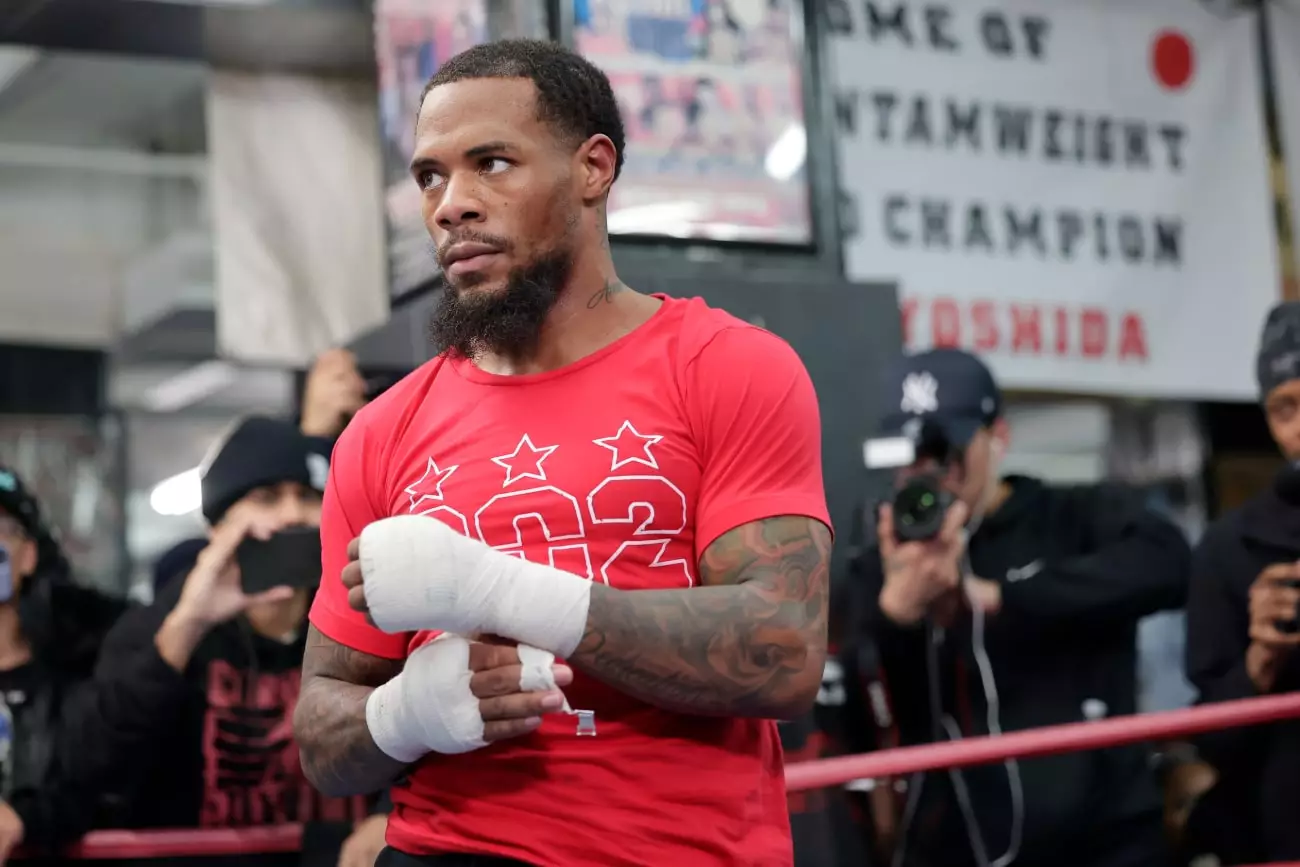In the world of boxing, narratives often hinge not just on physical prowess but also on the psychological elements that athletes bring into the arena. Lamont Roach embodies this duality, comparing himself to a scientist who transforms into “The Hulk” whenever he steps into the ring. As he gears up for a pivotal fight against Gervonta Davis on March 1st at Barclays Center in Brooklyn, New York, Roach’s comparison conveys more than just his fighting style; it encapsulates his struggle, preparation, and unyielding determination to shake up the lightweight division.
Roach’s analogy reveals a compelling mindset. Just as Bruce Banner transforms into The Hulk—exuding raw strength and power when provoked—Roach describes how he taps into ferocity during combat. This psychological metamorphosis is crucial as he faces a formidable opponent in Gervonta “Tank” Davis, whose own impressive record of 30 wins (28 by knockout) highlights the challenge that lies ahead for Roach. By embracing this transformative metaphor, Roach prepares himself to unleash not just his physical capabilities but his mental resilience against a noted knockout artist.
Roach has taken a significant step by moving up in weight from 130 to 135 pounds. This shift is not merely a change of numbers on a scale but a transformative process aimed at enhancing his strength and speed—two critical components that could dictate the fight’s outcome. “We have more room to do a lot more physical things,” he claims. This added weight class may not only bolster his power but provide him a new tactical edge.
However, Roach’s challenge lies in overcoming the robust skill set of Davis. The Baltimore native is well-known for his explosive knockouts and strategic acumen in the ring, which often allows him to recover from slow starts in fights. Roach recognizes this tendency and is ready for the opportunity should Davis falter early. Roach mentions that if he can build a significant lead by the midway point, he could outmaneuver the champion, effectively pivoting the fight in his favor.
Davis’s edge comes not only from his physicality but also from his experience. Nevertheless, Roach believes that Davis’s recent changes—specifically the absence of his long-time trainer, Calvin Ford—might create a gap in preparation. “I think that’s a little weird,” says Roach, acknowledging the importance of a consistent coach in an athlete’s career. The dynamic could very well affect Davis’s performance. Roach emphasizes that he trains for the best version of Davis, but acknowledges the unpredictability that such changes can bring.
In boxing, being labeled as the underdog can serve as motivation and an impetus for resilience. Roach embraces this role with undeniable confidence. He is aware that many in the boxing community may not give him the credit he deserves against a champion as seasoned as Davis. However, Roach believes that the tides might turn on March 1st, as he is perhaps more prepared than ever to seize his moment.
His experiences, fears, and aspirations converge into a singular focus: victory. “I’ve been here before. The tables will turn,” he states, hinting at both his past encounters and his readiness to emerge victorious against the champion in what many perceive as a risky challenge.
As the fight date approaches, all eyes will be on Lamont Roach to see if he can indeed embody the transformation he speaks of. Can he channel the ferocity of The Hulk while employing the analytical prowess of a scientist? This exciting confrontation against Gervonta Davis not only reflects Roach’s journey but embodies the heart of boxing itself—the clash of strategies, wills, and the unwavering quest for greatness in the ring. In boxing, where narratives often become reality, Roach’s attempt to dethrone Davis could mark a significant milestone in his career, culminating in an exhilarating showcase of skill and determination.

